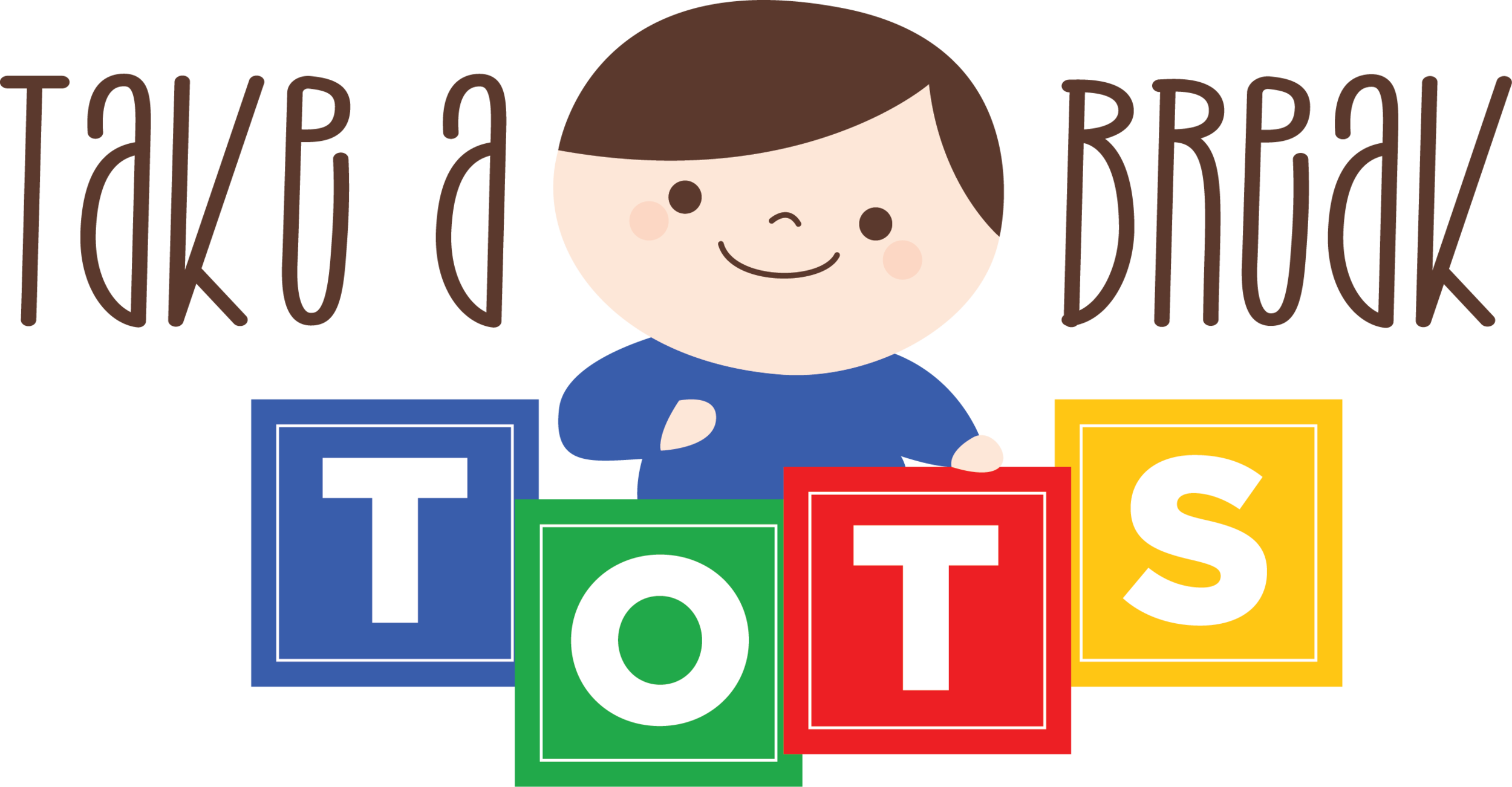My Take on Time Outs
Think of Time Outs like in a sports game - the team runs off the field, gets some water, catches their breath, gets a pep talk, and then runs back out hoping to do better. I want Time Outs at home and in the classroom to be like that. I decided to call it Taking a Break, because Time Out has taken on a new meaning when it comes to discipline and I want to reframe it. Time Out is a preferred form of punishment these days and I totally understand why. It seems way better than the spankings we used to get as kids and we love the idea of kids “thinking about what they’ve done.” While I think these are great intentions, they miss the mark when it comes to disciplining our kids.
Here are my issues with Time Out as punishment:
It’s punitive - I want you to think of disciplining in terms of teaching, guiding, and supporting, not as punishment and consequences.
It’s not relevant to the issue at hand. For example, a child hits, then goes to sit in the corner as a consequence…it doesn’t connect.
It’s hard to implement - if a child won’t stay in the Time Out chair, then what?
It can feel like a rejection - “Go sit over there, away from me. I don’t accept you when you are not perfect.” This idea was presented to me by Drs. Dan J. Siegel and Tina Payne Bryson in their book No Drama Discipline.
During the first years of life, kids are learning right from wrong. It’s our job as caregivers to teach them. Kids learn through experience, trial and error. Some kids pick up on it quickly, some just naturally behave in ways that fall into the “acceptable” box, and some kids will fail over and over and over again before they get it. If you’ve got a kiddo that seems to be constantly messing up, it’s okay. They will get it eventually, but it will take a lot of patience and consistency from caregivers.
Kids, especially those under the age of 5, act impulsively (this book sums it up perfectly). Their bodies move and act more quickly than their brains. So, even though they know the rules, they can’t always think things through before they move. This is particularly true in emotional situations. If a child is worked up and frustrated, they might hit or bite. They don’t mean to do it. So, punishing for something they did not intend to do doesn’t work for me. The best approach, in my opinion, is to pay close attention and help your kiddo recognize those big feelings and learn to Take a Break.
If you are struggling to manage tough behaviors, contact me! We can create specific strategies that work for you and your kiddo.
As an Amazon Associate I earn from qualifying purchases.

